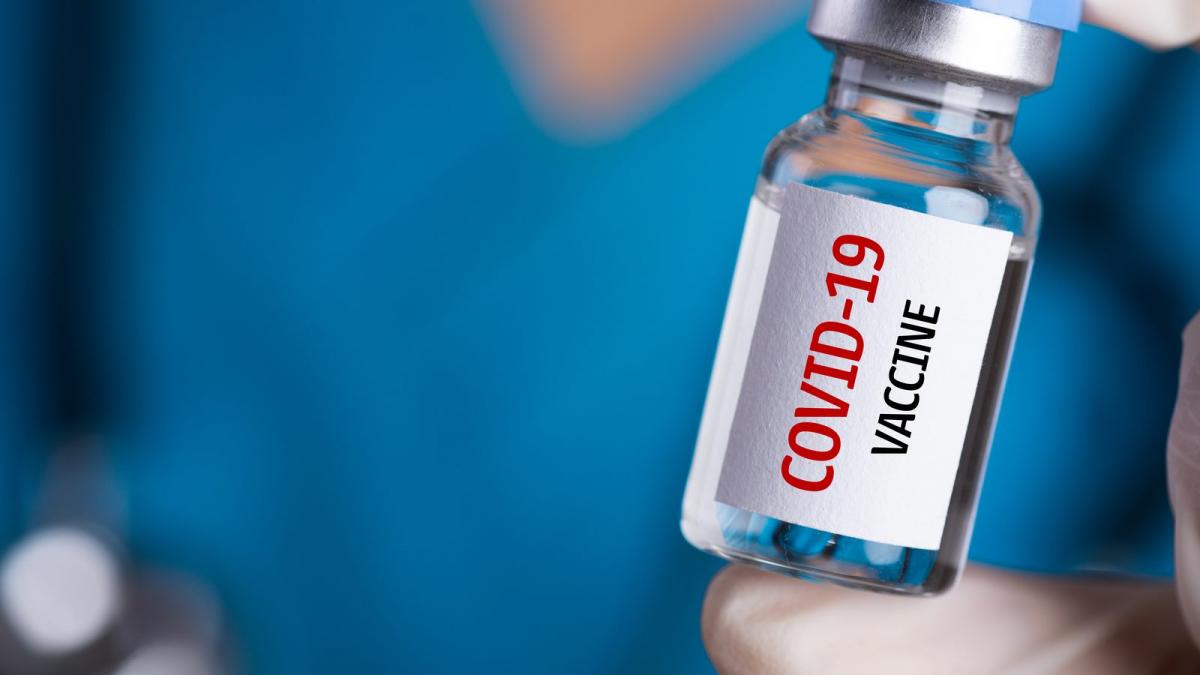There are no products in your shopping cart.
| 0 Items | £0.00 |


WORLD Bank managers have set aside a sum of $12bn to fund the purchase of coronavirus vaccines for Africa as part of a global to ensure that billions of people are vaccinated worldwide before the end of the year.
Medical experts have warned that Nigeria needs to set aside N540.4bn ($1.4bn) to purchase 218.m doses of the new coronavirus vaccine if the nation wants to combat the growing second wave of the pandemic currently sweeping across the globe. According to the World Health Organisation (WHO), Nigeria will require about $1.4bn to procure and distribute 218,400,000 doses of Covid-19 for double doses for 60% of its population.
African Union chairman President Cyril Ramaphosa of South Africa, has revealed that the African Union has secured a provisional 270m vaccine doses through the African Vaccine Acquisition Task Team (Avatt). Under the programme, the African Export-Import Bank will facilitate payments by providing advance procurement commitment guarantees of up to $2bn to the manufacturers on behalf of the continent's member states.
According to President Ramaphosa, the World Bank money will be in the form of grants or on highly concessional terms. This agreement was reached after a January 27 virtual meeting on the Africa Covid-19 vaccine financing and deployment strategy, which attended by World Bank president David Malpass.
Dr Faisal Shuaib, the chief executive of Nigeria's National Primary Health Care Development Agency (NPHCDA), said that the government has finally decided to proceed with the AstraZeneca product. Unlike Pfizer’s vaccine, which has to be kept at an extremely cold temperature of -70 degree Celsius, the Oxford vaccine can be stored in a normal fridge, making it better suited to Nigeria's circumstances.
Health minister Dr Osagie Ehanire, said that the vaccine is expected to be rolled out from late March or April. According to the minister, the government is exploring all options to ensure the vaccination of 70% percent of Nigerians by 2023.